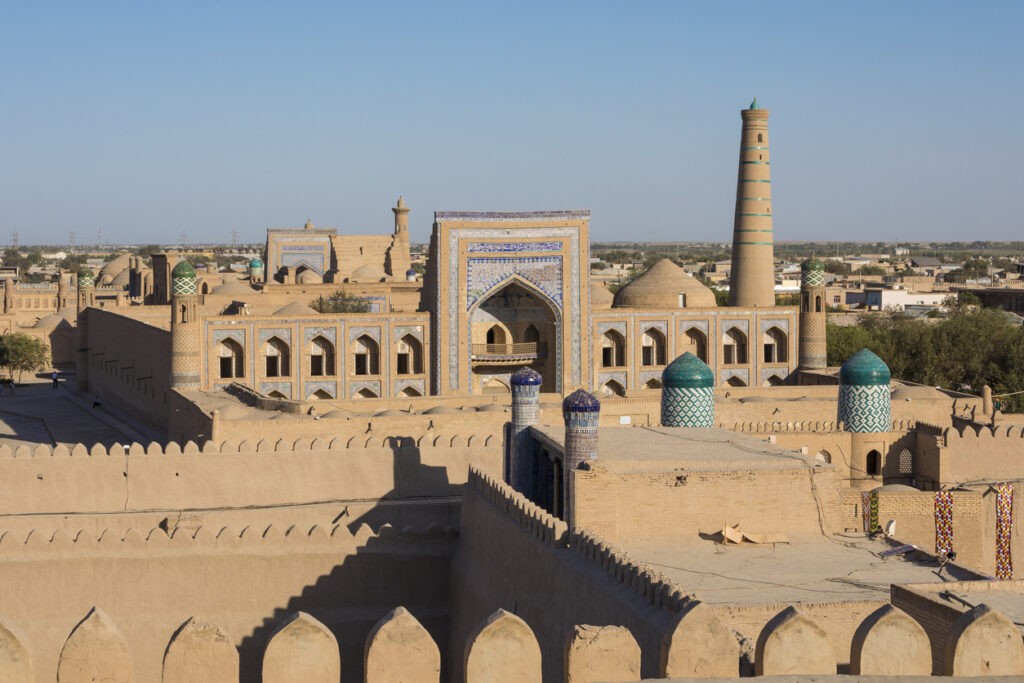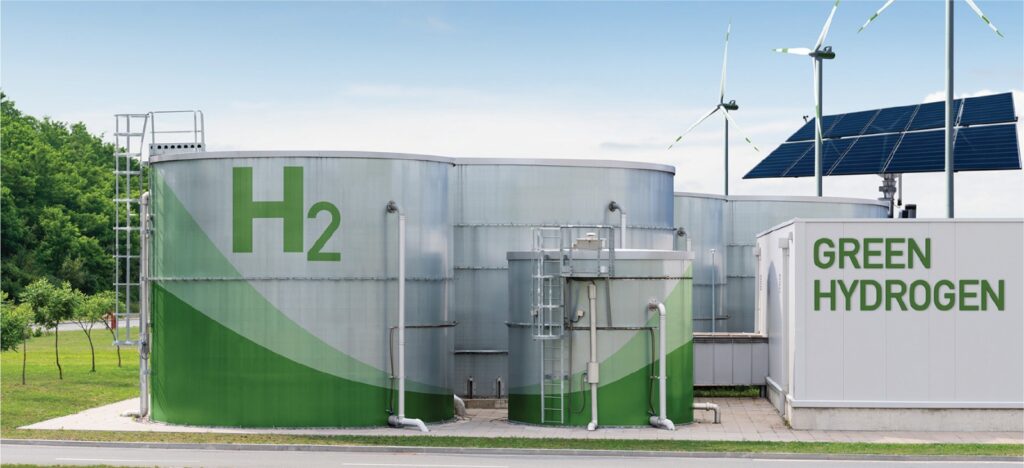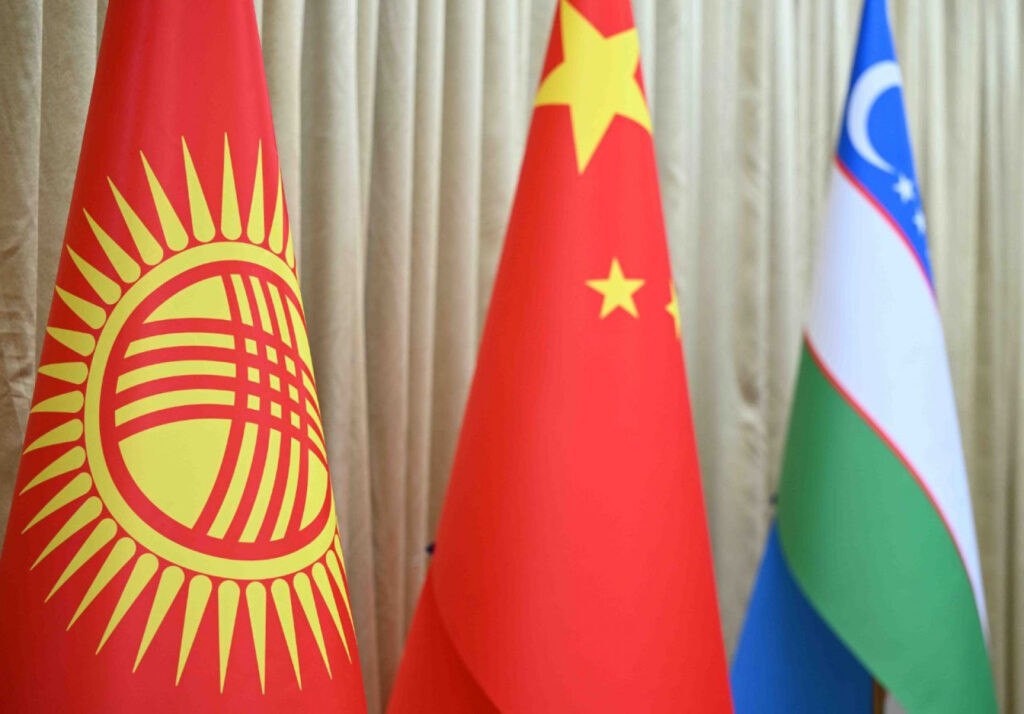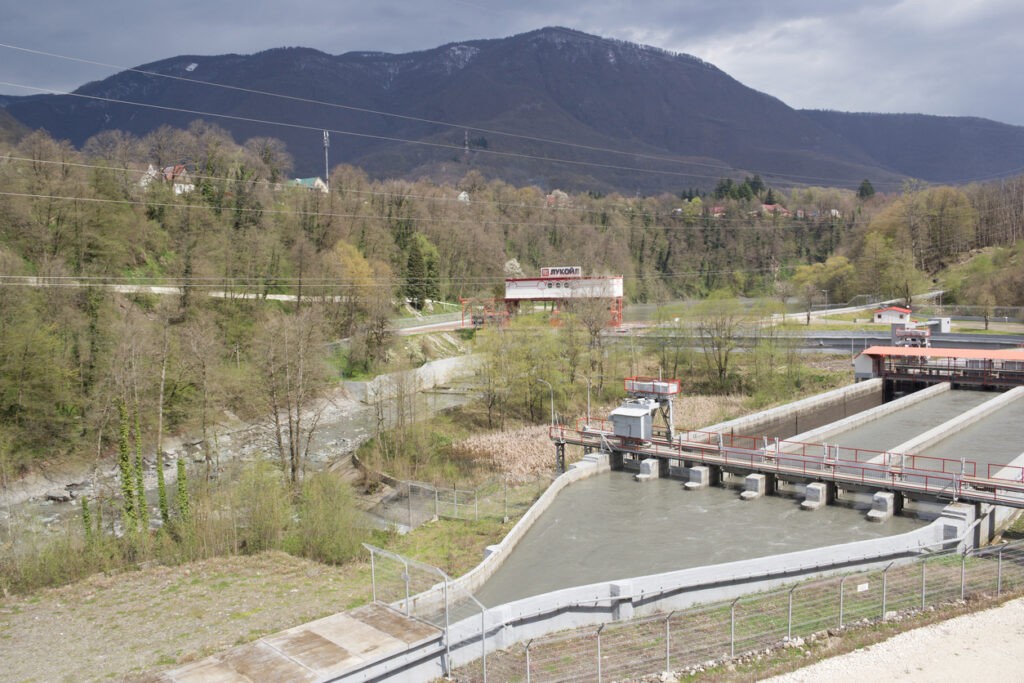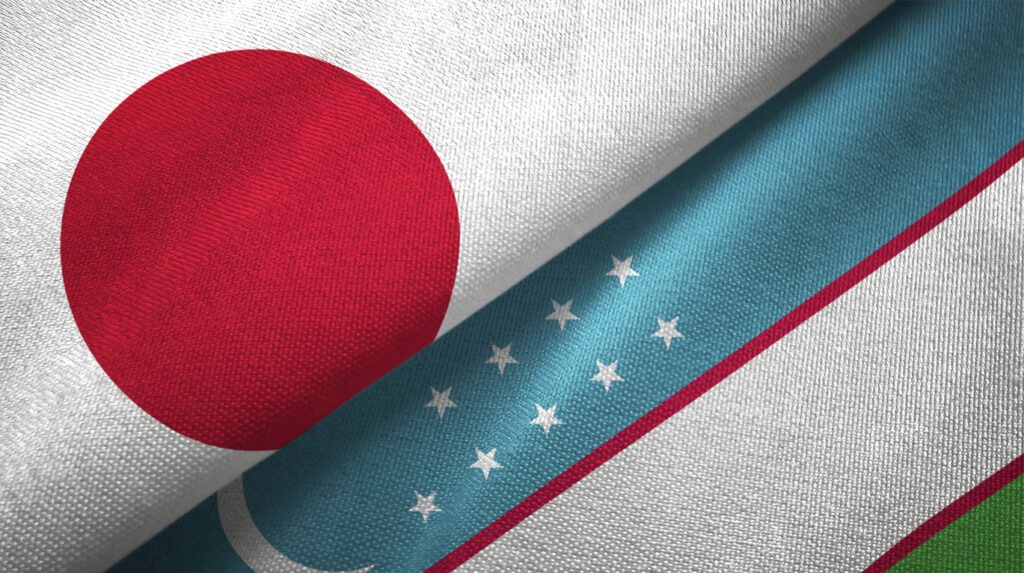Uzbekistan to Introduce New Visa Program for Those Looking for ‘Second Home’
Uzbekistan is introducing a tourist visa program called Uzbekistan Is My Second Home, enabling foreign visitors to stay in its north-western Khorezm region for up to a year without restrictions. President Shavkat Mirziyoyev has also unveiled a three-year plan for developing the region’s tourism industry, commenting that the sector is one of Khorezm’s primary economic drivers. In the town of Khiva, in the western part of Khorezm, authorities are planning to open new 24-hour cafes, restaurants, and grocery stores. Major Uzbek cities, including Urgench just north of Khiva, are to receive 30 billion sum (around $2.4m) in subsidies in order to lower the cost of airline tickets. Unfortunately, several parts of Khorezm still currently lack hotels. Loans at present are offered at an 18% interest rate for a period of seven years -- with a two-year grace period -- for the construction of hotels and resorts to increase the number of available tourist beds. The Khorezm region has the highest density of tourist attractions, historical sites, and architectural artifacts in all of Uzbekistan. The area is home to 254 cultural heritage monuments, which span the Neolithic era and the 19th century. Thirty-two are holy places, 66 are sculptures, six are attractions, and 18 are archaeological.


